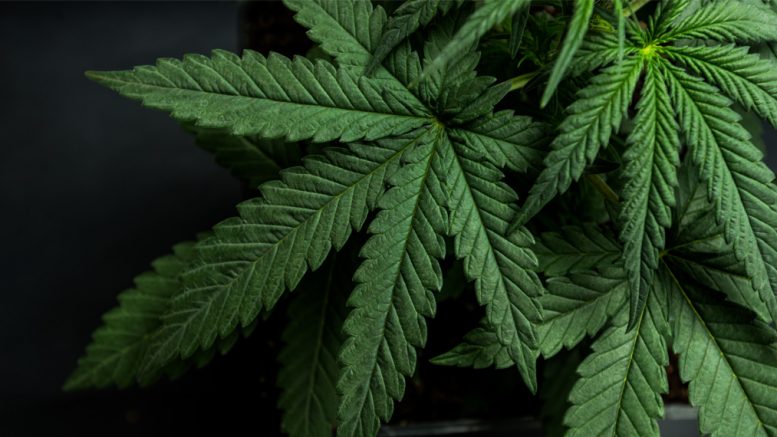In many ways, the legal marijuana industry is still in its infancy, yet has continued to grow at an incredible rate.
Thanks to its increased use for medicinal purposes, the global cannabis market size is set to gain even more momentum according to a new report titled “Cannabis/Marijuana Market, 2019-2026.”
The market size for the cannabis industry was $10.6 billion in 2018 and is now projected to reach $97.35 billion by 2026, exhibiting a compound annual growth rate of 32.92 percent during the forecast period.
Marijuana legalization has been a boon to the coffers of many US states as well as in Canada — and now it looks like psychedelics could be next.
Despite being an industry in its early stages, the potential for psychedelic health care is growing, with the market projected to reach $10.75 billion by 2027.
That level of investment has been driven by a new wave of legal and regulatory changes, often from local governments.
In a historic move, Detroit voters just approved a ballot initiative to decriminalize psychedelics, making it the largest American city thus far to enact such reforms.
The ballot measure, the City of Detroit will “decriminalize to the fullest extent permitted under Michigan law the personal possession and therapeutic use of Entheogenic Plants by adults.” It will also “make the personal possession and therapeutic use of Entheogenic Plants by adults the city’s lowest law-enforcement priority.”
Yet Detroit is hardly alone. It’s only the latest local government in the US to make this change. As Marijuana Moment chronicled in detail, there have been dozens of such reforms across the US over the last year and a half, in Massachusetts, Washington, California and many other states. Even Texas, a deeply conservative state in its drug laws, enacted a law asking state officials to study psychedelics’ potential medical benefits.
Like marijuana before it, medical experts believe psychedelics offer a similarly long list of health benefits, including for conditions with few effective treatments, like addiction and depression.
As Medical News Today reported, a 2020 review of 24 prior studies on psychedelic drugs for treating anxiety found that 65 percent of them discovered a reduction in anxiety with psychedelics.
In 2021, another study asked 164 people who reported experiencing a psychedelic experience to discuss their mental health symptoms. Participants reported significant reductions in depression, anxiety, and stress following the psychedelic experience. An analysis revealed that participants also had greater compassion and less frequent rumination.
Another recent study found a strong association between lifetime use of classic psychedelics and lower rates of cardiovascular disease and diabetes, while Awakn Life Sciences is looking to psychedelics as a potential treatment for gambling addiction.
Given all the legal and medical excitement surrounding psychedelics, it comes as no surprise that investors have started putting major dollars behind the companies pursuing psychedelic research and manufacturing.
As Fortune put it: “Once a risky investment, the cannabis industry has established itself as one of the fastest-growing investment opportunities on the planet, with the sector outperforming the broader market already this year. For the first time, we are seeing a similar trajectory emerge for the psychedelic industry. Smart capital is moving in to take advantage of the opportunity to invest in the next frontier.”
Investors clearly agree. In early 2021, Canadian investor Sheldon Inwentash made a $450,000 investment into psychedelics company Nirvana Life Sciences Inc. through his early-stage investment company ThreeD Capital Inc.
In the press release, Sheldon Inwentash said the potential for psychedelics is huge.
“This is the latest significant investment we have made in the psychedelic space, which further speaks to our belief that psychedelic drugs will be a game changer to mental health that currently affects millions worldwide,” Inwentash said. “We believe these compounds have the potential to help solve the opioids epidemic, which has become a global crisis. Most importantly, we believe the scientific team at Nirvana has the ability and expertise to carry out this research at the highest level.”



Be the first to comment on "Why Psychedelics Could Be The Next Marijuana"